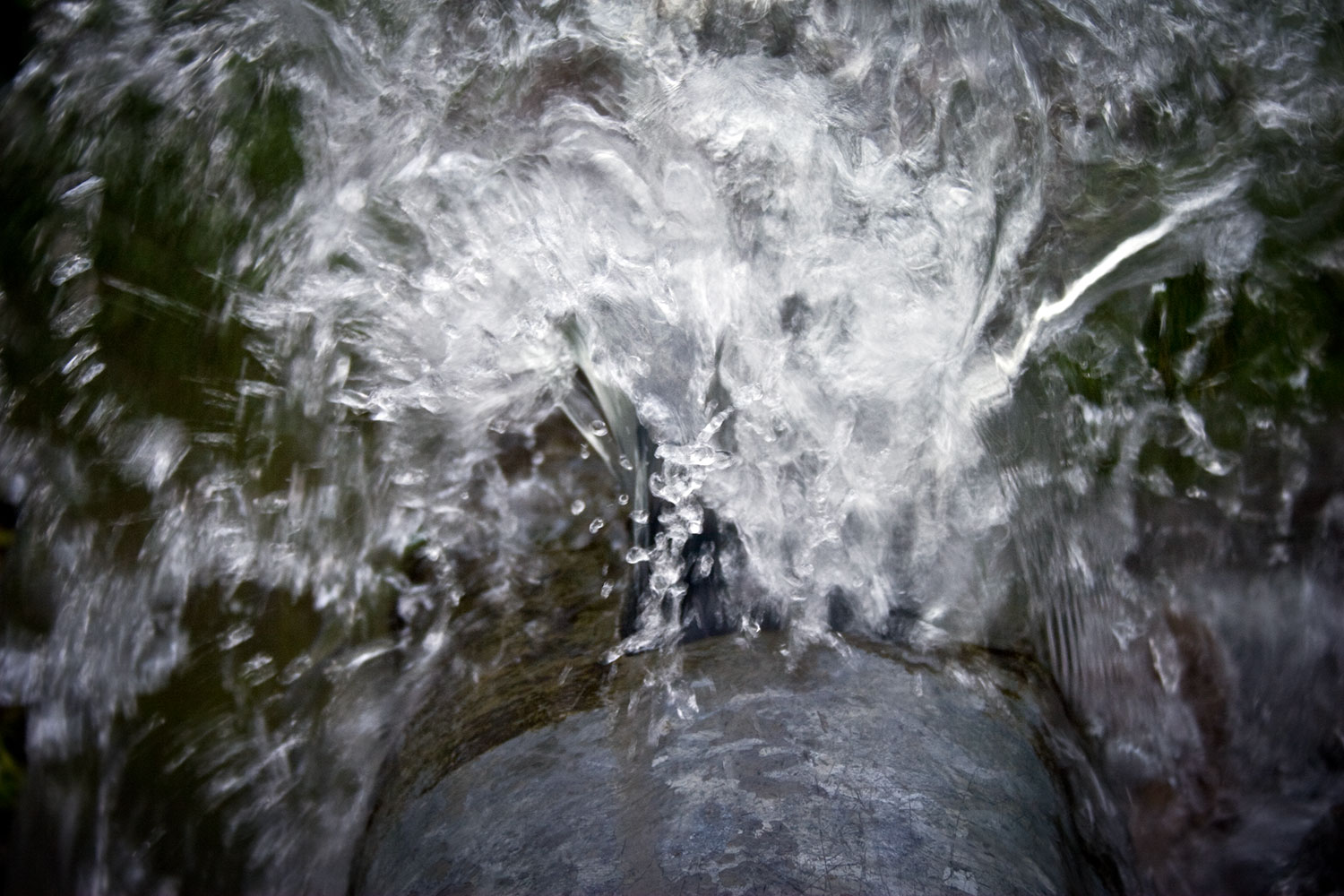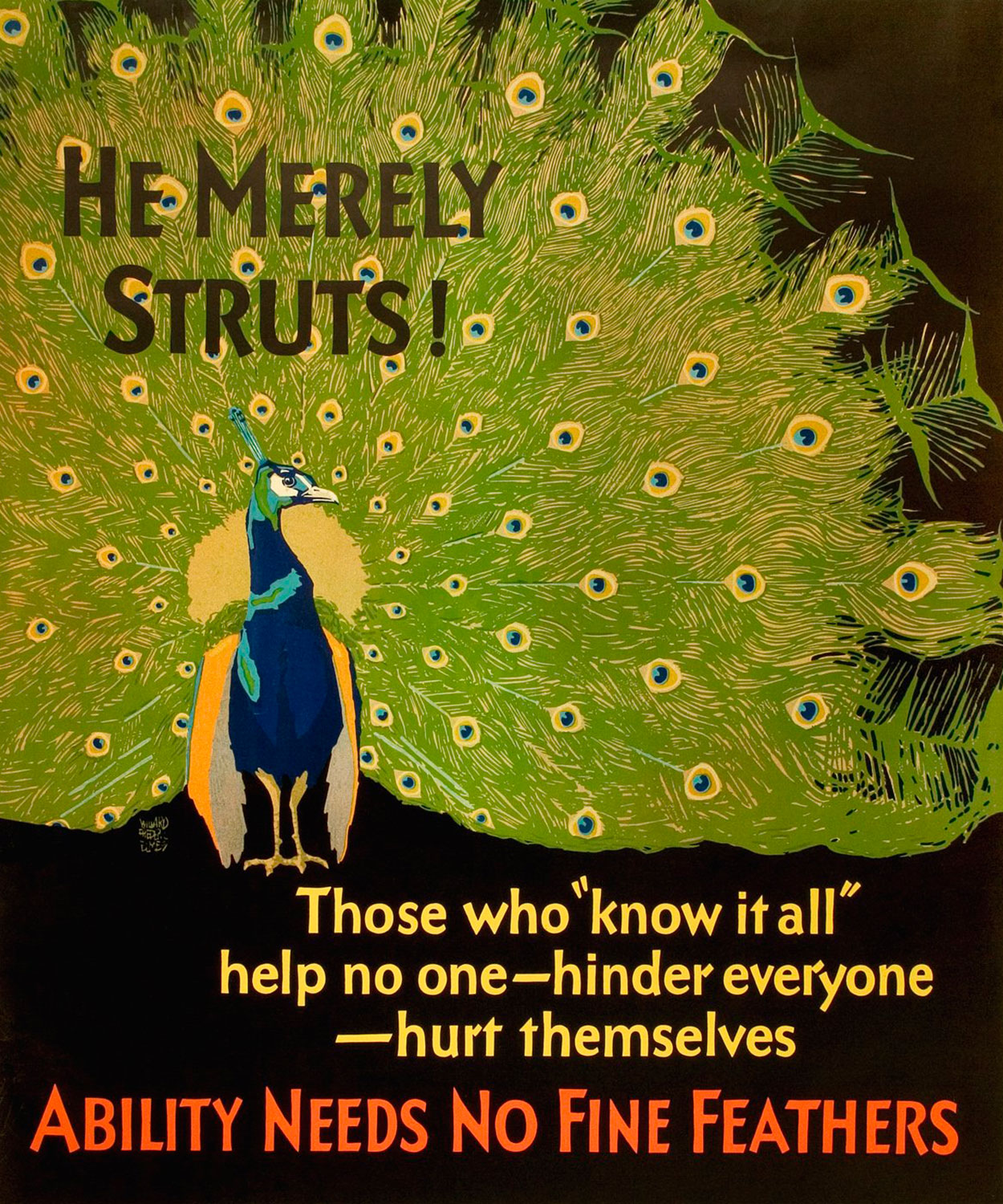April 2023
Citation (72)
2 April 2023, around 8.16.
Nothing is so hard to suppress as the will to be a slave to one’s own pettiness. Gallantly, ceaselessly, quietly, man must fight for inner liberty. Inner liberty depends upon being exempt from domination of things as well as from domination of people. There are many who have acquired a high degree of political and social liberty, but only very few are not enslaved to things. This is our constant problem—how to live with people and remain free, how to live with things and remain independent.
a conceptual primer
5 April 2023, around 4.56.
One can say that the concept of a game is a concept with blurred edges.—‘But is a blurred concept a concept at all?’—Is a photograph that is not sharp a picture of a person at all? Is it even always an advantage to replace a picture that is not sharp with one that is? Isn’t one that isn’t sharp often just what we need?
Frege compares a concept to a region, and says that a region without clear boundaries can’t be called a region at all. This presumably means that we can’t do anything with it.
ambient
10 April 2023, around 14.48.
If you lose the spirit of repetition, your practice will become difficult.
These waters must be troubled before they can exert their virtues.
Monotony is the most beautiful or the most atrocious thing. The most beautiful if it is a reflection of eternity—the most atrocious if it is the sign of an unvarying perpetuity. It is time surpassed or time sterilized.
the main principle
12 April 2023, around 10.15.

Thales enim Milesius, qui primus de talibus rebus quaesivit, aquam dixit esse initium rerum, deum autem eam mentem, quae ex aqua cuncta fingeret: si dei possunt esse sine sensu; et mentem cur aquae adiunxit, si ipsa mens constare potest vacans corpore?
Thales of Miletus, who was the first person to investigate these matters, said that water was the first principle of things, but that god was the mind that moulded all things out of water — supposing that gods can exist without sensation; and why did he make mind an adjunct of water, if mind can exist by itself, devoid of body?
After we are separated by birth from this oneness, as the water falling from the waterfall is separated by the wind and rocks, then we have feeling. You have difficulty because you have feeling. You attach to the feeling you have without knowing just how this kind of feeling is created. When you do not realize that you are one with the river, or one with the universe, you have fear. Whether it is separated into drops or not, water is water.
The water main under the highway failed, and, after a few hours under a boil-water notice, there is now no water at all. Jars of boiled water in the fridge and on the counter for drinking, but it was easy to forget about ‘other household uses’ until those needs arose. This led to a gathering of buckets and trips down to the local stream, which provides a more than adequate supply of running water (the use of potable water for some matters is absurd). The sun slants through the woods, causing the water trapped in the moss to sparkle. It is nice to get outside anyhow, and one carries the water to carry the water. One is always carrying something. Might as well be water.
lapsus calamities
18 April 2023, around 8.50.
Collected over time and extracted from elsewhere: 1
- immunogoblins
- explainatory
- weekend immune system
- bears withness
- ‘tights’ for ‘ties’
- ‘sawn’ for ‘sewn’
- maniacal pencil
- Beowful
- ‘fastened’ for ‘expedited’*
- ‘mezzo’ for ‘meso’
- proprosed
- thoughs
- ‘to don’ for ‘do not’
- ‘plaid’ for ‘played’
- armhold
- clearify*
- trail and error
- ‘Ministory’ for ‘Ministry’
- ‘tenants’ for ‘tenets’
- ‘famine’ for ‘feminine’
- ‘phycological’ for ‘psychological’
- ‘campus’ for ‘compass’
- intellectual propriety regime
- congenial heart disease
- ‘poses’ for ‘possess’
- univerity
- et alt
- ‘Virgin’ for ‘Virgil’
- ‘Juvenal’ for ‘juvenile’
- ‘thirstly’ for ‘third’
- ptarmigan cheese
- subjective norns
- ‘bust’ for ‘but’
- remaiming
- Snapshat
- analized
- faculty and stuff of the university
- no pint including this paragraph
- ‘overlook’ for ‘oversight’*
- Later additions marked with *.[↩]
dreamer awake
20 April 2023, around 8.34.
Sed laboriosum est hoc institutum, & desidia quaedam ad consuetudinem vitae me reducit. Nec aliter quàm captivus, qui forte imaginariâ libertate fruebatur in somnis, cùm postea suspicari incipit se dormire, timet excitari, blandisque illusionibus lente connivet: sic sponte relabor in veteres opiniones, vereorque expergisci, ne placidae quieti laboriosa vigilia succedens, non in aliquâ luce, sed inter inextricabiles jam motarum difficultatum tenebras, in posterum sit degenda.
But this is a laborious intention, and a certain sloth reduces me to the usual course of life, and like a Prisoner who in his sleep perhaps enjoy’d an imaginary liberty, and when he begins to suppose that he is asleep is afraid to waken, but is willing to be deceived by the Pleasant delusion; so I willingly fall into my old opinions, and am afraid to be Roused, least a toilsome waking succeeding a pleasant rest I may hereafter live not in the light, but in the confused darkness of the doubts now raised.
- Cf. Cottingham’s translation: ‘This will be hard work, though, and a kind of laziness pulls me back into my old ways. Like a prisoner who dreams that he is free, starts to suspect that it is merely a dream, and wants to go on dreaming rather than waking up, so I am content to slide back into my old opinions; I fear being shaken out of them because I am afraid that my peaceful sleep may be followed by hard labour when I wake, and that I shall have to struggle not in the light but in the imprisoning darkness of the problems I have raised.’[↩]
no harm, no pfau
25 April 2023, around 10.46.

‘He Merely Struts! Those who “know it all” help no one – hinder everyone – hurt themselves; Ability Needs No Fine Feathers’ (1929).
From the exhibit ‘Workplace posters in the United States’
temporize
28 April 2023, around 7.52.

The trillium are late this year.
Adversaria (1)
30 April 2023, around 4.31.
‘When you feel disagreeable it is better for you to sit. There is no other way to accept your problem and work on it.’ —Shunryu Suzuki (Zen Mind…, p. 40)
‘Engaging with mystery is neither problem-solving nor completing tasks. None of these mysteries can be solved, answered definitively, controlled, managed, or mastered. We never finish with any of them or deal with them decisively. They are constants in our surroundings […] We cannot change them (though our egos may try). We can only change in response to them. Some responses are more sustainable than others, more suited to some of than others. Our responses are always provisional, subject to change.’ —Thomas Attig (How We Grieve, p. xliv)
‘Truth is unattainable, but logic is intelligible. Ghosts may be things, but things are things, even if they be ghosts’ —Fernando Pessoa (unsigned), ‘Essay on the Nature and Meaning of Rationalism’
‘In order not to leave any traces, when you do something, you should do it with your whole body and mind; you should be concentrated on what you do. You should to it completely, like a good bonfire. You should not be a smoky fire. You should burn yourself completely.’ —Shunryu Suzuki (Zen Mind…, p. 63).
‘As we live, we establish, broaden, enrich, combine, transform, and at times discard or abandon practical involvements with things, places, other persons, and projects. We develop and achieve individual character through our patterns of caring and through the variety, breadth, and depth of our attachments to the surrounding world. Our life histories unfold as we weave and reweave these threads of attachment.’ —Thomas Attig (How We Grieve, p. 107)
‘…the house was brand-new, wood with panels and a high step slate roof, one of the styles that I lumped all together and called Queen William.’ —Rex Stout (Fer-de-Lance, ch. 10)
